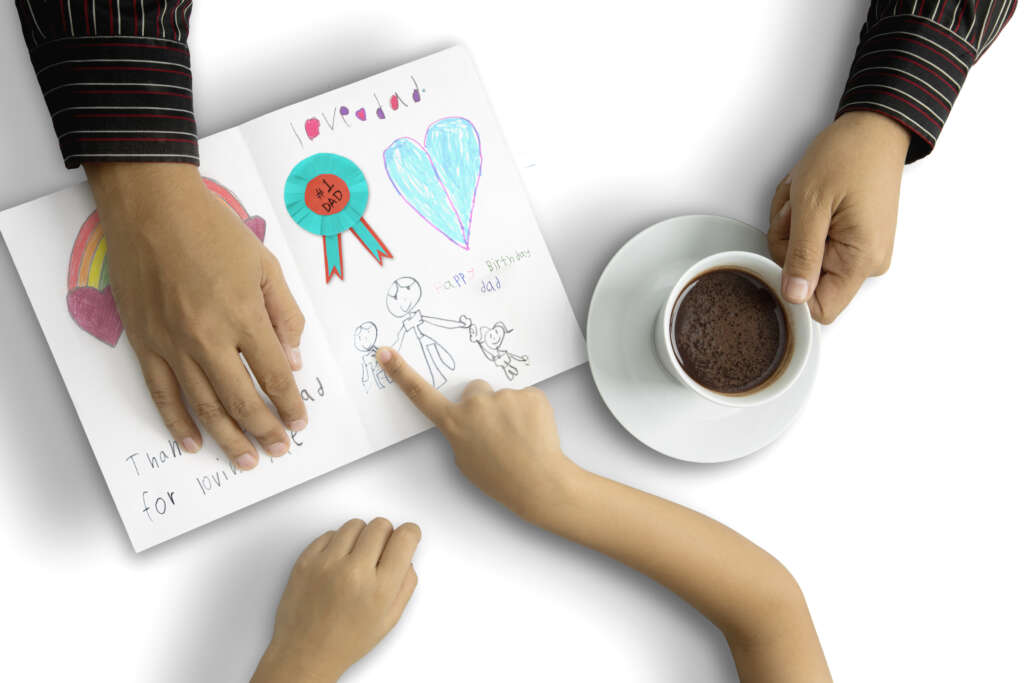Disciplining teenagers effectively while maintaining a strong relationship can feel like walking a tightrope. The key lies in finding the sweet spot between setting boundaries and respecting their growing independence. This comprehensive guide will show you how to use love and logic to create a disciplined approach that works for you and your teen.
Understanding the Teen Brain
Before diving into discipline strategies, it’s crucial to understand what’s happening in your teenager’s brain. During adolescence, the prefrontal cortex – responsible for decision-making and impulse control – is still developing. This biological reality explains many challenging behaviors and helps inform our approach to discipline.
The Foundation of Love and Logic Discipline
Love and logic discipline combines warmth and structure to create a framework that teaches responsibility while preserving relationships. This approach emphasizes:
- Natural consequences of punishment
- Problem-solving skills development
- Emotional intelligence building
- Mutual respect and understanding

Practical Strategies for Implementation
1. Establish Clear Expectations
Start by setting clear, reasonable boundaries. Involve your teen in this process – they’re more likely to follow guidelines they helped create. Focus on major issues rather than minor irritations, and be willing to negotiate on less critical matters.
2. Use Natural Consequences
When teens face the natural results of their choices, they learn valuable life lessons. For example, if they choose not to study for a test, let them experience the grade they earn rather than imposing additional punishments.
3. Offer Choices Within Limits
Provide controlled choices that respect both their autonomy and your boundaries. Instead of saying, “Clean your room now,” try. “Would you prefer to clean your room before or after dinner?”
4. Practice Active Listening
When conflicts arise, listen more than you speak. Use phrases like:
- “Help me understand your perspective.”
- “What do you think would be a fair solution?”
- “How can we work together to resolve this?”
5. Maintain Emotional Control
Your calm demeanor during challenging moments teaches valuable lessons about emotional regulation. If you need time to cool down, say, “I need a few minutes to think about this calmly.”
Common Challenges and Solutions
When Teens Push Back
Expect resistance – it’s a normal part of development. Respond with empathy while maintaining boundaries: “I understand you’re frustrated. The rule about curfew stands, but I’m willing to discuss adjusting it for special occasions.”
Technology Conflicts
Create a technology contract together that outlines:
- Usage limits
- Content guidelines
- Consequences for misuse
- Privacy expectations
Building Long-Term Success
Remember that effective discipline is about teaching, not punishing. Your goal is to help your teen develop:
- Strong decision-making skills
- Self-discipline
- Emotional intelligence
- Personal responsibility
The love and logic approach takes time to master, but the investment pays off in stronger relationships and more capable young adults.

